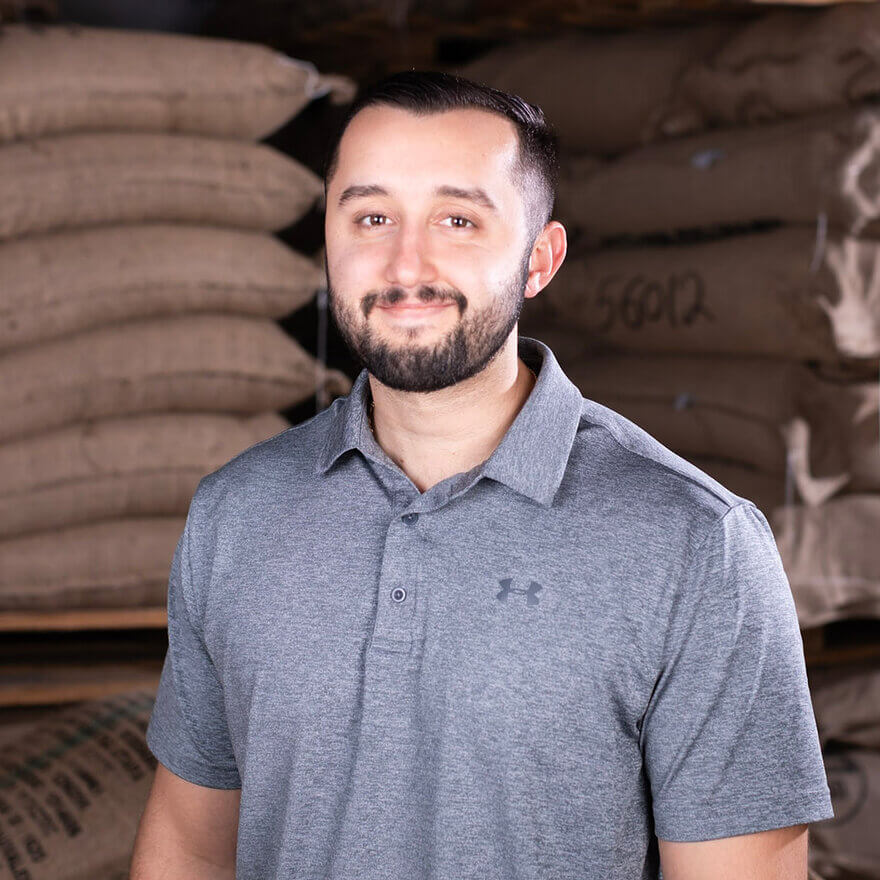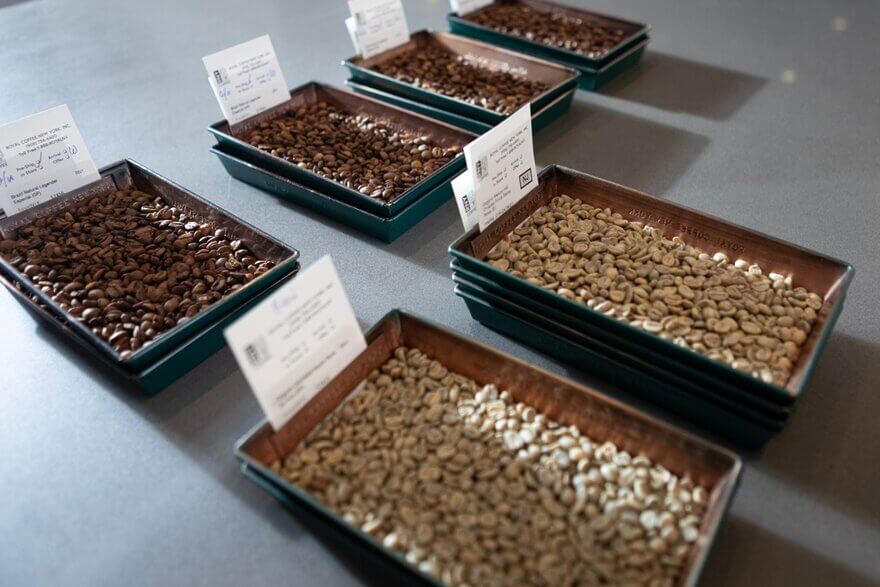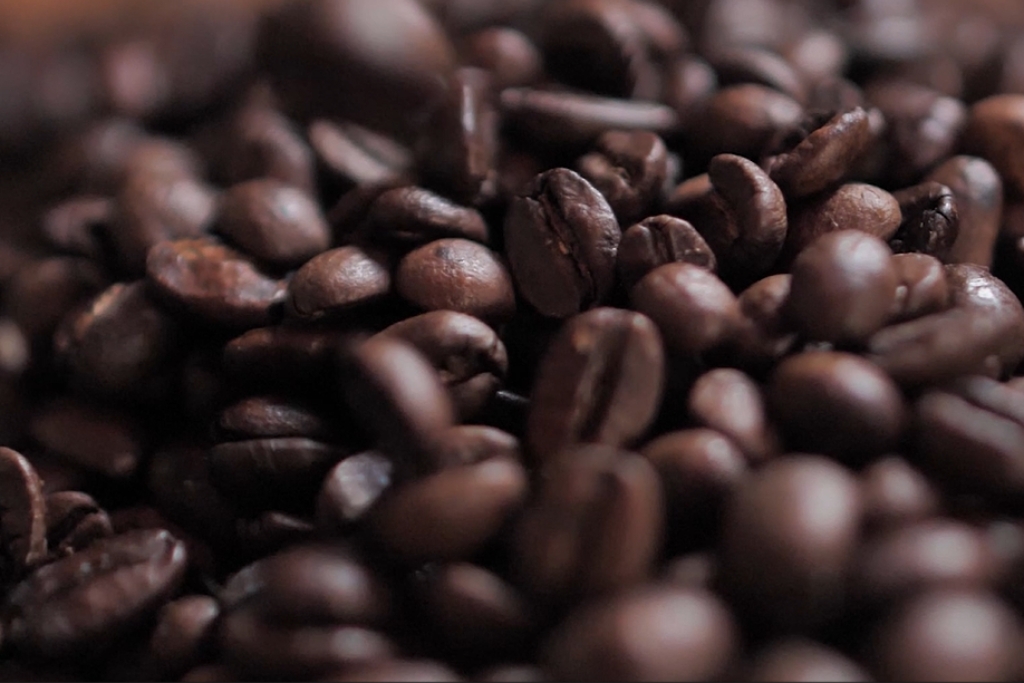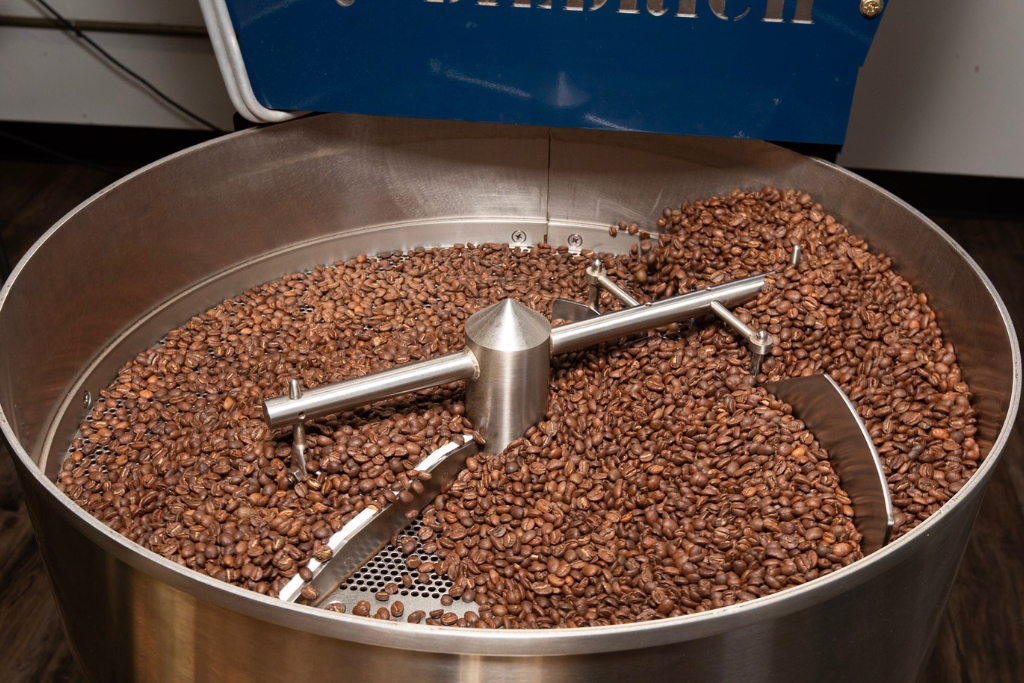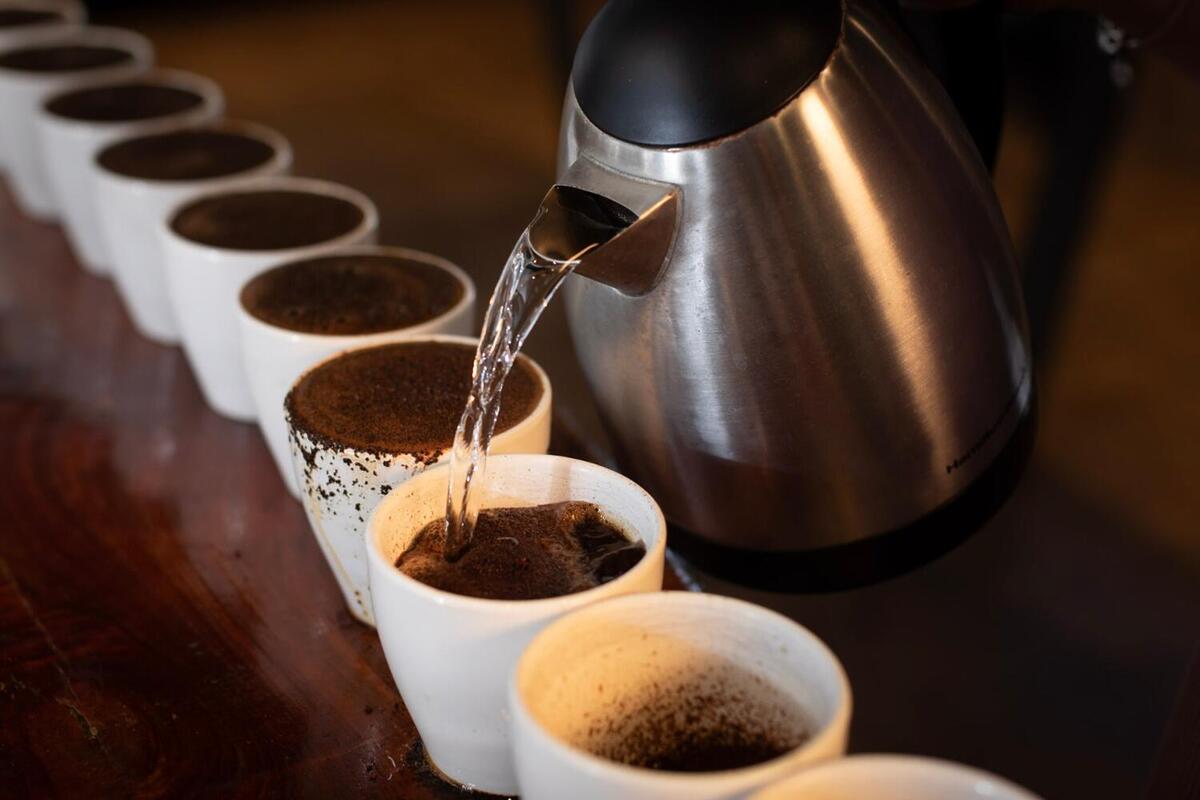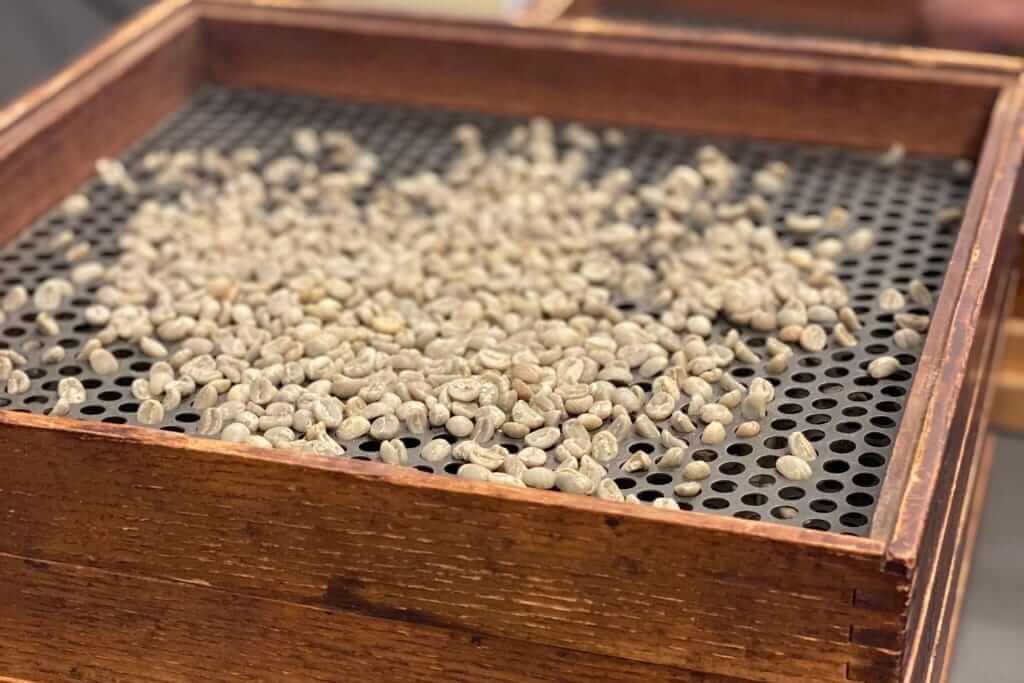When you open your coffee business, the amount of decisions you need to make can be extremely overwhelming. With all the different origins, processing methods, profiles, roast levels, and so much more, it’s difficult to narrow down what to offer. To get started, you’ll want to ask yourself a few questions. TJ Salvatore offers insight to help you answer a major one: should you offer single origin coffee or blends?
First Steps
Before selecting your coffees, discovering your palate is key. You need to learn your likes, dislikes, the notes you enjoy and seek out compared to the ones you despise and want to avoid. This will be your most important tool when building your menu. As this industry is quite subjective, you should be excited about the coffees you sell to your customers. Yes, you may occasionally need to branch off and please the masses with a coffee you don’t enjoy as much. However, having a few coffees you can’t stop talking about is a major advantage and will keep you passionate about your craft.
Coffee Blends
In my opinion, the best way to get the ball rolling is starting off with a “people-pleasing” house blend. This is a simple, 2-coffee blend that can take milk and sugar well but also stand on its own. I like to recommend blending a Brazil and a Colombia Supremo/Excelso as we typically have them year-round and they won’t break the bank. These coffees will produce a super chocolatey cup with a bold body.
Once you’ve solidified your house blend, you can gauge whether you’d like to offer another blend or start offering single origin coffees. Of course, this differs case-by-case based on where you see your demand heading.
Single Origin Coffee
If you’d like to begin with single origin offerings, there are a few things to consider. First, you really want to hone in on the roast level you’re looking to accomplish. Ideally, you would offer light, medium, and dark roasts. This can be very advantageous as you would appeal to everyone’s preference.
Single Origin Coffee – Light Roast
Starting with a light roast, I recommend looking at some of our East African washed coffees. For example, we just received a washed Rwanda that when roasted light has a super clean and vibrant cup with notes of black tea, peach, raspberry, and citrusy lemon tones. The offering should show some slight fruit tones (while not necessary, a lighter roast will sometimes bring out the fruitiness of a coffee) and portray a clean profile.
Single Origin Coffee – Medium Roast
Moving on to the medium roast, this is where you have a variety of options. Typically, I recommend Central or South American coffees like our Colombia Huila Santa Maria as I think they portray their best qualities at a medium roast level. You want to bring about a nice balance with a sugary sweetness and a bold, chocolatey body. Plus, you might even pick up on an occasional, subtle fruit tone as well.
These are also great coffees if you’re looking to kill two birds with one stone—you can use them as components in your house blend and as single origin offerings, which will help you tremendously reduce costs.
Single Origin Coffee – Dark Roast
Lastly, a dark roast is always great to have on your menu as a bold body, low acidity offering. You can never go wrong with a Sumatran or any other Indonesian coffee. If you’re looking for a more affordable option, I recommend our organic or conventional Uganda AA Bugisu that cups similarly. In these coffees, you’ll find notes of dark chocolate, black licorice, molasses, and the occasional cedar note.
Final Thoughts
When you boil it down, there’s no right or wrong way to go about selecting your first offerings; just find what you like and start working with that. You’ll be more passionate, open-minded, and focused when working with something you enjoy and can drink daily. This will ultimately lead you to branch out and learn what other aspects of coffee you like. Lastly, if you’re ever stuck, have a question, or want to bounce ideas off of somebody, contact your RNY trader—they’ll be happy to help!



